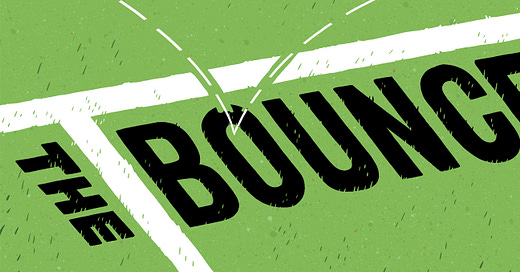I always find these types of columns curious and sometimes even irritating, although this from Lana Hart on Stuff is relatively low on the actual offence scale.
How many times have we watched coverage of an All Blacks practice several days before a test match, even while there’s no mention of an international art exhibition visiting New Zealand or an exc…
Keep reading with a 7-day free trial
Subscribe to The Bounce to keep reading this post and get 7 days of free access to the full post archives.




